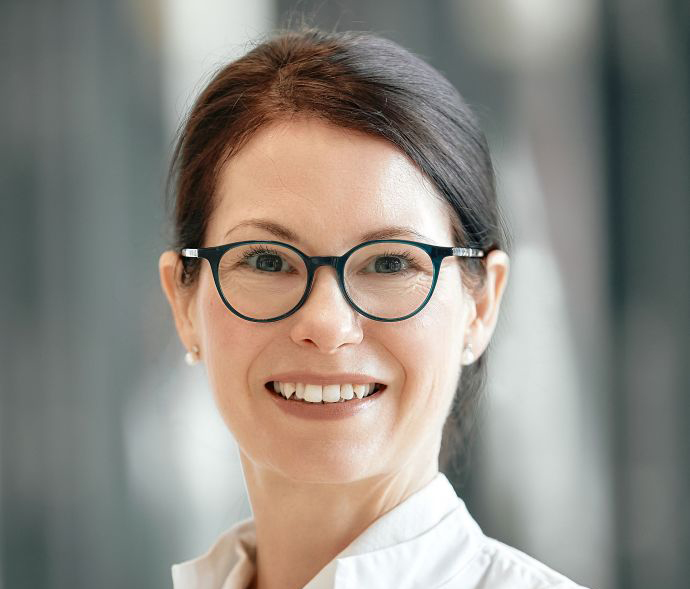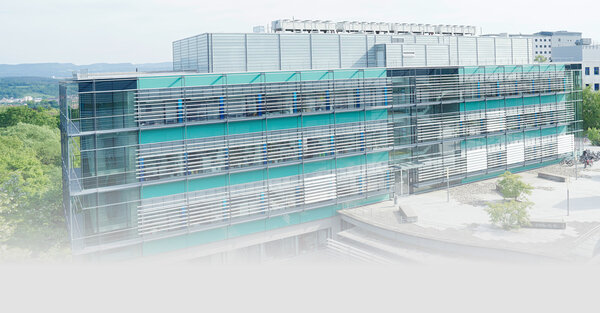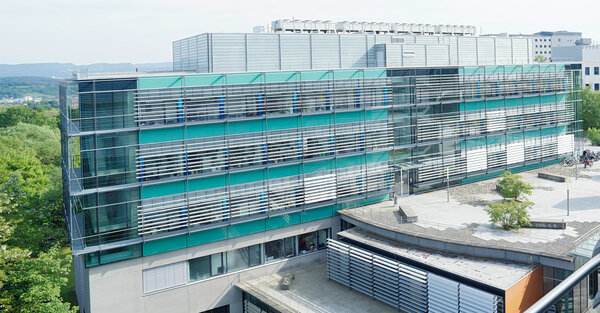To mark World Brain Tumor Day on June 8, 2025, the HIH is highlighting the importance of mental health in patients with neuro-oncological diseases. A recent multicenter study led by Prof. Dr. Mirjam Renovanz, head of the Research Group “Health Care Research in Neuro-Oncology” at the HIH’s Department of “Neurology & Interdisciplinary Neuro-Oncology” (Prof. Dr. Dr. Ghazaleh Tabatabai), found that around one-third of adults with gliomas also suffer from a clinically significant mental health disorder. The study, published in the journal Cancer, analyzed data from 691 patients from 13 neuro-oncology centers using structured clinical interviews (SCID).
Find the publication here: https://pubmed.ncbi.nlm.nih.gov/39550627/
Prof. Mirjam Renovanz emphasizes: “This study underlines the need to identify and treat mental disorders in brain tumor patients at an early stage. We also need new forms of intervention that include familiy members or caregivers.”
New approaches to psycho-oncological intervention are therefore an essential complement to excellent tumor-specific therapy. One example could be the use of art therapy. Viewing art has a positive effect on neurocognition and activates areas of the brain that are associated with reflective thought processes, such as the so-called default mode network.
A pilot study evaluating the project „Kunst*Kraft*Werke“ designed by Prof. Mirjam Renovanz and Minou Nadji-Ohl (Neurosurgical Clinic, Klinikum Stuttgart) investigated the feasibility and psychosocial effects of an art-based intervention in which tumor patients and their relatives participated in themed art tours at the Staatsgalerie Stuttgart. Each session combined art historical and neuroscientific perspectives on selected works, accompanied by appropriate music. The aim was to promote cognitive stimulation and emotional relief.
Most participants reported positive effects: emotional relief, increased curiosity, cognitive stimulation and an improvement in everyday life. The intervention was well received and is currently being continued at the Staatsgalerie. Another project, which is in preparation and is funded by the German Cancer Aid (Deutsche Krebshilfe), is examining the effects of accompanying music therapy for neuro-oncological patients.
Art- and music-based interventions, as innovative complements to psychosocial support in neuro-oncology, can make a valuable contribution to holistic care. Further systematic investigation in prospective and larger study cohorts is essential to establish the relevance of such interventions in neuro-oncology.

Picture: Prof. Dr. Mirjam Renovanz
Copyright: UKT









